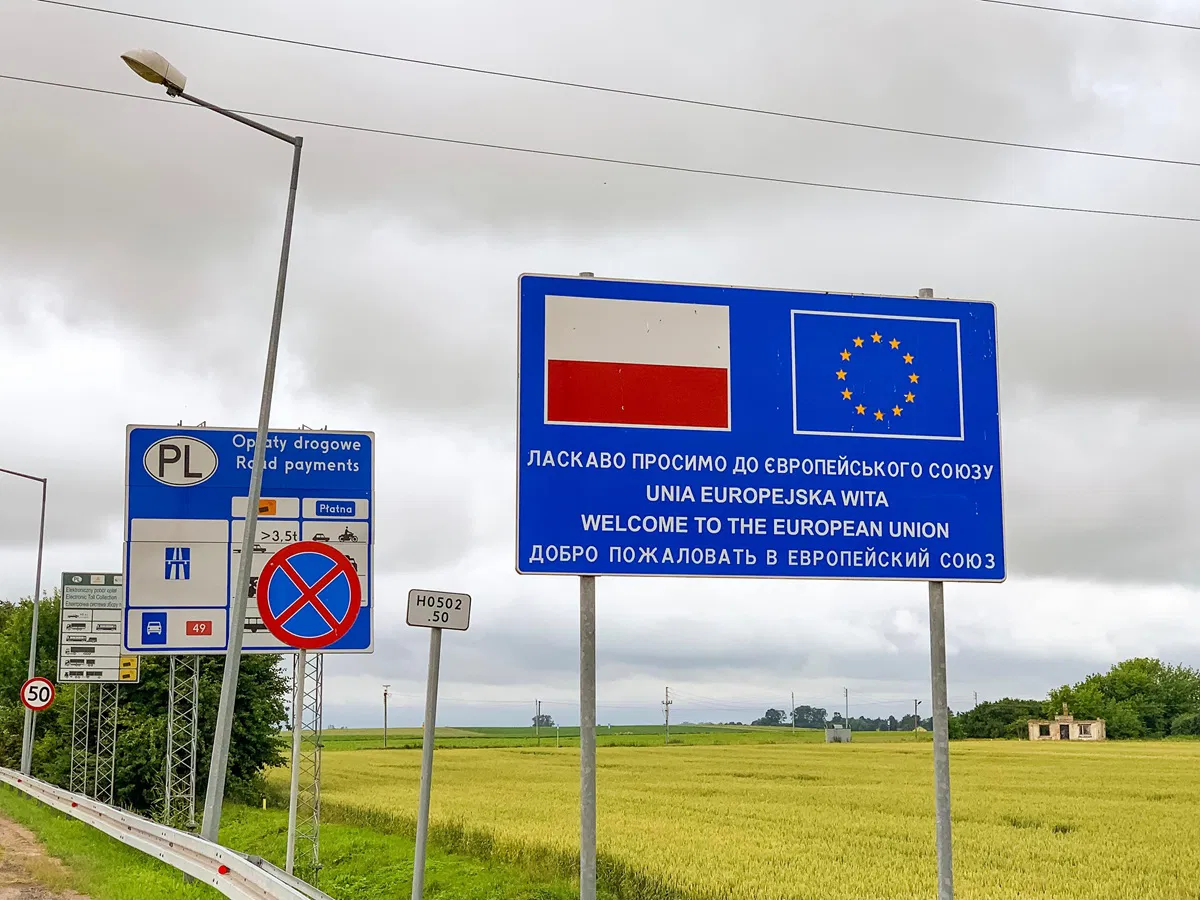By Farah Mokrani
Poland has announced it will reinstate border checks with Germany and Lithuania from 7 July, a dramatic move as the government comes under fire over irregular migration. Prime Minister Donald Tusk delivered the news after a heated cabinet meeting, citing “the uncontrolled flow of migrants” as the main reason for the temporary controls.
This decision is a direct response to growing criticism at home, especially over Germany’s recent policy of returning thousands of migrants to Polish territory. Tusk clarified: “We are still supporters of free movement in Europe, but only if our neighbours share a commitment to united, symmetrical action. We must minimise the uncontrolled flow of migrants across our borders.”
Schengen rules tested by border clampdown
Under the Schengen Agreement, Poland, Germany and Lithuania normally enjoy open borders with no routine checks. However, Schengen countries are allowed to bring back border controls in emergencies, including public health scares or security threats. Such measures are meant to be temporary – but they can be renewed repeatedly.
Poland’s move echoes Germany’s ongoing border controls with Poland and the Czech Republic, first introduced in 2023 to deal with migration surges. Germany has continued these checks and, last year, expanded them to all its borders.
Political blame game and ‘Citizen patrols’
Tusk hasn’t shied away from criticising Germany’s policy, and he now faces mounting pressure from right-wing opposition parties at home. Many of the migrants being sent back are from Ukraine, but there are also arrivals from Asia and Africa. Some have sought asylum in Poland, while others passed through Poland en route to western Europe.
Earlier this year, Tusk warned that Poland might stop cooperating with Germany on these returns. He recently spoke with the German chancellor to express his frustration, noting that new procedures are making it harder to verify who should really be sent back to Poland.
But the domestic debate has become heated, with the national-conservative Law and Justice party (PiS) and the far-right Confederation (Konfederacja) accusing the government of failing to defend Polish interests. Their supporters have even organised “citizen patrols” along the German border to stop the return of migrants – a tactic Tusk slammed as “scandalous”, saying it disrupts border guards and sometimes leads to confrontations with officers.
Lithuania also under scrutiny
It’s not just the German border under review. Tusk confirmed Poland will also introduce checks at the border with Lithuania. The reason? Some migrants entering the EU from Belarus have been travelling through Latvia and Lithuania before reaching Poland and moving further west.
“This decision is final – regardless of what the capitals of other countries think,” Tusk stressed, making clear that the move will go ahead despite any international backlash.
What’s next for travellers?
If you’re planning to drive or travel between Poland, Germany or Lithuania from 7 July, expect to encounter border checks and allow extra time for your journey. While Poland says it will do its best to minimise inconvenience for ordinary citizens, the move marks another sign of growing tensions within the EU over migration – and highlights how quickly the landscape can shift.
For now, all eyes are on the border as the summer holiday season gets underway. Will these measures curb irregular migration, or simply create more friction with neighbours? One thing’s for sure: the debate over borders and migration in Europe is far from over.
Stay tuned with Euro Weekly News for more news from Poland
